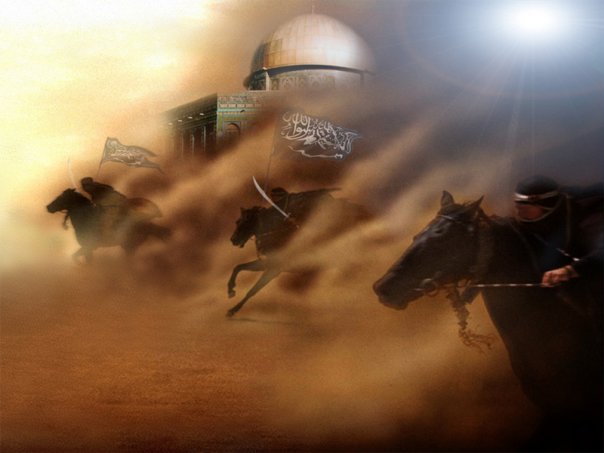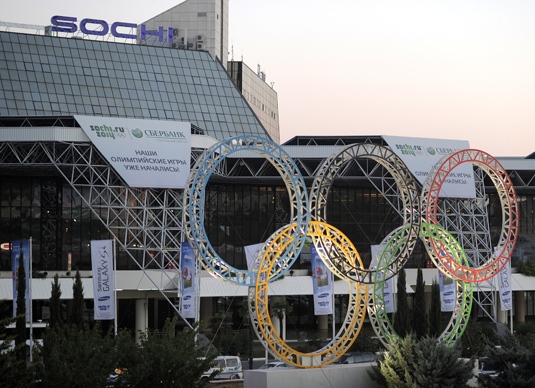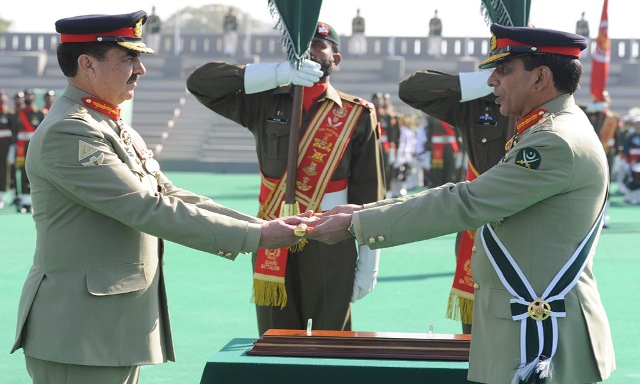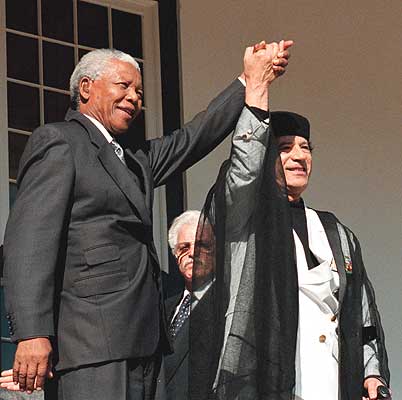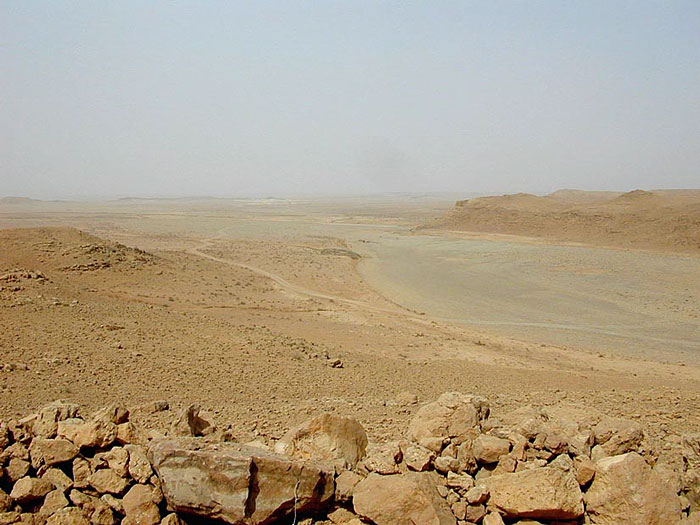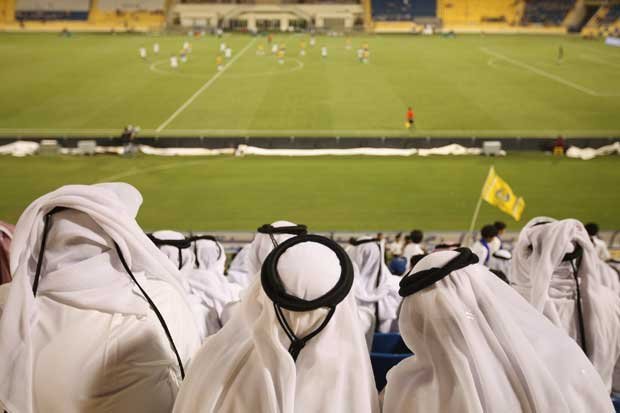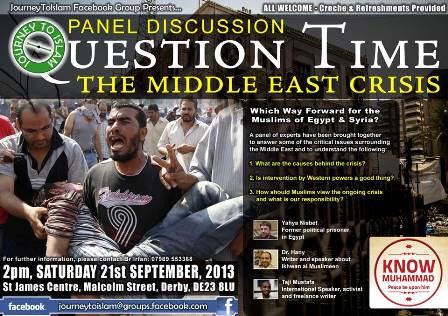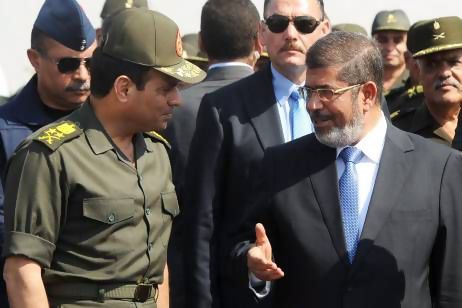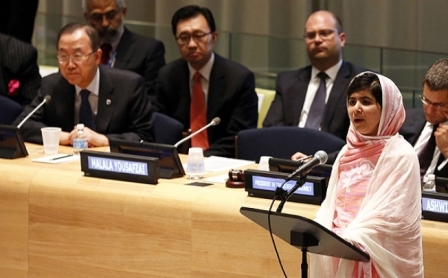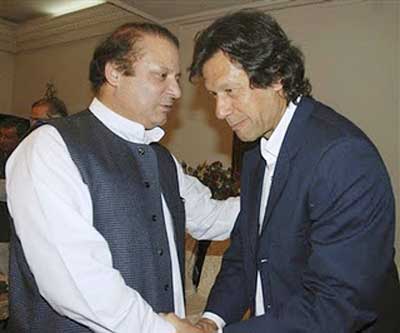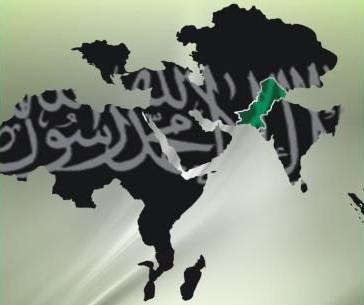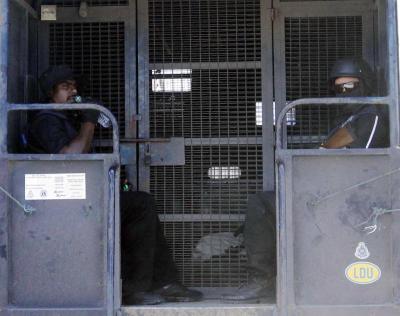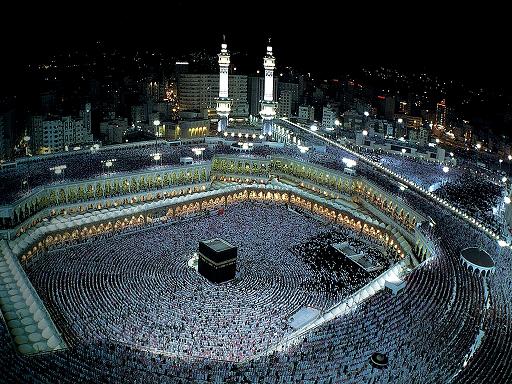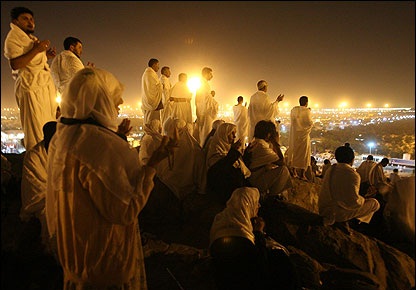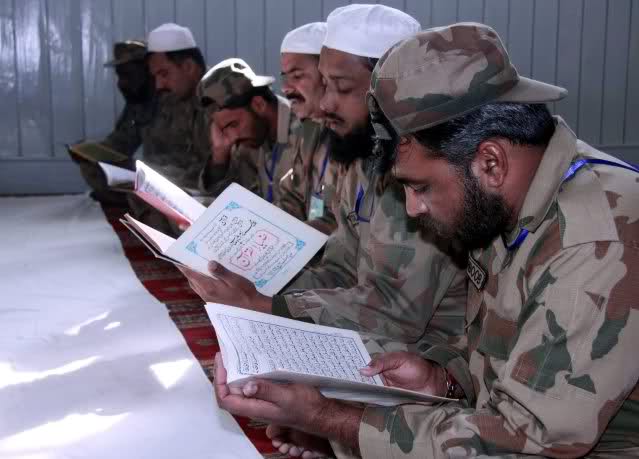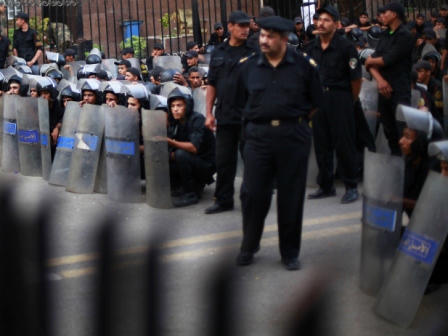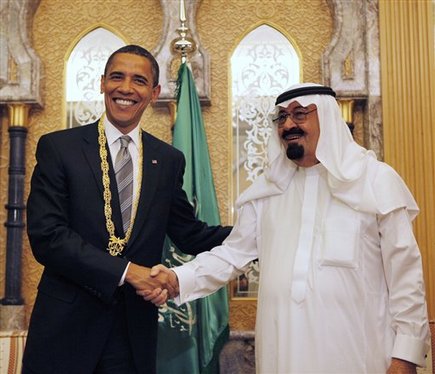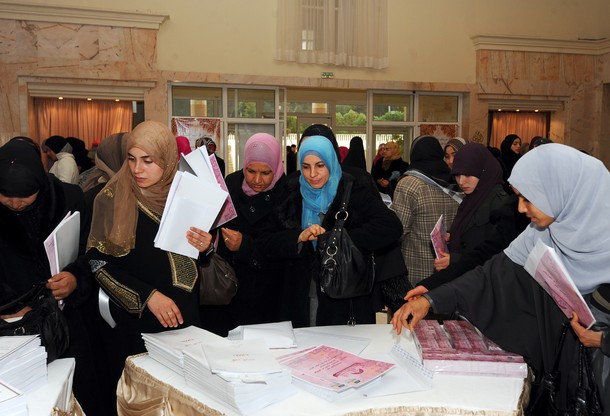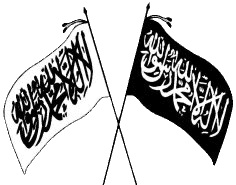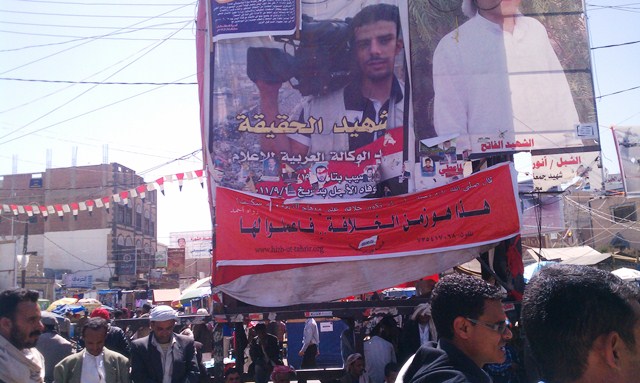Interview with Ibtihal Bsis on her recent trip to Syria
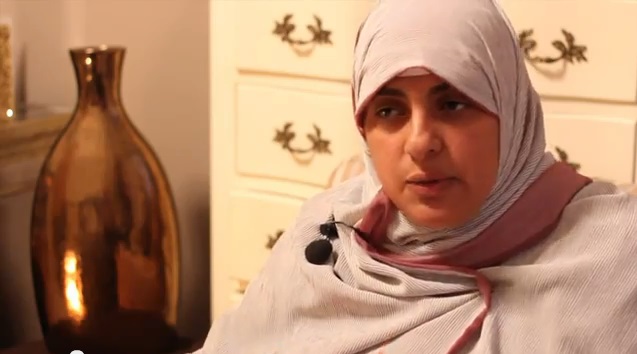
As the US began airstrikes against targets in Syria the global media went into fifth gear to highlight the threat the west faces in light of development in the country. Ibtihal Bsis recently returned from Syria and we caught up with her on the latest developments in the country.
Kcom – The uprising began in 2011. It will soon be four years since the people rose up against the regime of Basher al-Assad. What is the current sentiment of the people and how do they perceive the situation in the country, currently?
Ibtihal Bsis – I cannot believe that the revolution in Syria is entering into its fourth year, but for the people on the ground this is very real, it feels as if the revolution has been on-going for 40 years. They are tired, with the constant warplanes over their heads and the lack of electricity and water and even food. People take each day as it comes and try and survive every day on the little that they have. Very few people speak of ‘tomorrow.’ What we have to remember is that many of them have lost members of their families, on some occasions entire generations have been wiped out by the al-Assad regime.

